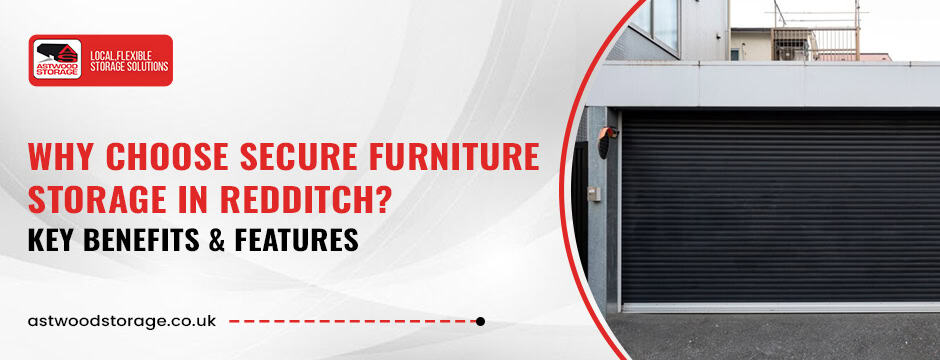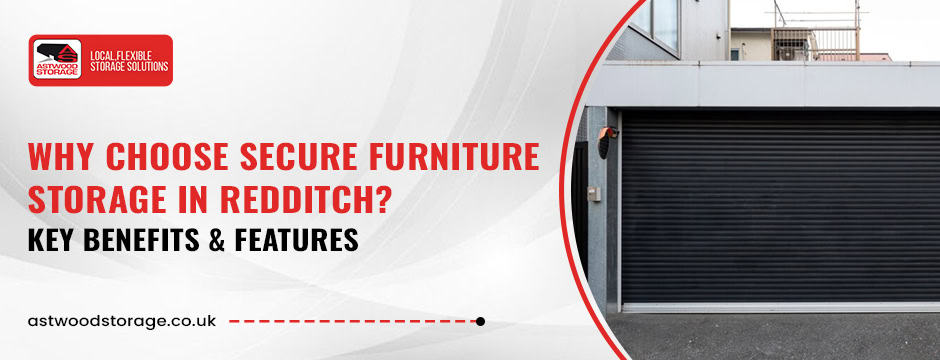In today’s fast-paced world, finding extra space for your belongings is no longer a luxury—it’s a necessity. Whether you’re decluttering your home, storing seasonal items, or keeping business inventory safe, self access storage has become the go-to solution for individuals and businesses alike. Unlike traditional storage options, a 24-hour self access storage facility offers flexibility, security, and convenience, ensuring that your possessions are always accessible while providing a sense of security and peace of mind.
Flexibility Around the Clock
One of the most significant advantages of a 24-hour self access storage service is the flexibility it provides. Life doesn’t operate on a nine-to-five schedule, and neither should your storage options. Being able to access your unit at any time means you can manage your belongings on your own terms. Whether it’s late at night after a long day at work or early in the morning before your schedule gets busy, you have complete control over when you access your stored items.
This flexibility is especially beneficial for small business owners or contractors who often work irregular hours. Needing access to stock, tools, or documents outside of conventional working hours can be a challenge, and a 24-hour facility removes this constraint entirely. By giving you constant access, you can organize, retrieve, and store items whenever it suits your schedule, reducing stress and making operations smoother.

Enhanced Security Measures
Peace of mind comes not only from accessibility but also from knowing that your possessions are safe. Modern self access storage facilities prioritize security. Units are often individually alarmed, complemented by CCTV surveillance, coded access systems, and smoke or fire detection systems. This layered approach ensures that your belongings are protected around the clock, giving you confidence that they remain in a secure environment.
For families storing valuable personal items or businesses housing sensitive inventory, these security measures are essential. Knowing that your items are monitored and protected allows you to focus on other priorities without constant worry about theft, damage, or loss. Security is one of the main reasons people are increasingly opting for self access storage over traditional storage methods.
Ideal for Short-Term and Long-Term Needs
Another benefit of 24-hour self access storage is its versatility for both short-term and long-term storage solutions. Whether you’re moving house, renovating, or storing seasonal items, you can rent a unit for as little as a few weeks or as long as several years. This flexibility accommodates various lifestyles and business requirements without forcing you into a rigid contract or long-term commitment that may not suit your needs.
Families often use short-term storage during transitions such as moving between homes or renovating living spaces. Businesses, on the other hand, may require long-term storage for inventory overflow, archived documents, or equipment that isn’t frequently needed. A facility that allows access 24/7 ensures you can retrieve or store items whenever necessary, regardless of how long you plan to use the unit.
Convenience and Ease of Use
One of the main reasons people choose self access storage is the sheer convenience. Units are typically designed for easy access with ample parking, wide corridors, and well-organized layouts. This setup allows you to move items efficiently, whether you’re using a small car or a van for larger items. Unlike traditional storage solutions that might require booking appointments or dealing with limited operating hours, self access storage facilities are designed to make your experience as seamless as possible.
The ability to come and go freely without restrictions also reduces stress during busy periods, such as moving days or peak business seasons. The convenience factor cannot be overstated—when life gets hectic, having reliable access to your storage unit at any hour makes a world of difference.
Supporting Local Needs
For residents in the West Midlands, options such as self storage in Kidderminster or UK storage in Kidderminster have become increasingly popular. Local 24-hour self access storage facilities cater to the community’s needs by providing nearby, secure, and flexible storage solutions. Accessing a facility close to home or work ensures that your belongings are always within reach, saving time and effort compared to traveling long distances to access your stored items.
This proximity is particularly beneficial for businesses that need to manage inventory or equipment on short notice. By choosing a local self access storage option, you not only save on transportation costs but also gain a reliable solution that integrates seamlessly with your daily routine.
Peace of Mind and Confidence
Ultimately, the combination of accessibility, security, and flexibility is what gives users complete peace of mind. You know that your belongings are stored in a controlled environment, are easily accessible whenever you need them, and are protected with advanced security systems. Whether it’s personal items, business inventory, or sensitive documents, a 24-hour self access storage facility provides the reassurance that your possessions are in safe hands.
Many users report that the convenience of around-the-clock access alone reduces stress significantly. You no longer have to worry about fitting storage visits into a busy schedule or rearranging plans to match opening hours. This confidence extends to both personal and professional situations, ensuring that you can manage your possessions with minimal disruption to your life or business.
Reliable, Secure, and Flexible Storage Solutions
Astwood Storage offers a modern, fully alarmed self access storage facility with 24-hour access, designed to provide you with peace of mind. We cater to domestic, business, and industrial storage needs, offering units from 25ft to 300ft. Our premises feature CCTV surveillance, coded electronic access, and smoke and fire detection systems, ensuring your belongings are safe and secure. We provide flexible terms from 2 weeks to 10 years and support convenient services like archive collection and delivery. With easy free parking, packaging supplies, and friendly, helpful staff, we make storing your items simple and stress-free.
Conclusion
24-hour self access storage is more than just a place to keep your belongings—it is a practical, secure, and flexible solution that delivers true peace of mind. From enhanced security measures to unparalleled convenience and local accessibility, it meets the needs of homeowners, renters, and businesses alike. By investing in a facility that offers round-the-clock access, you gain the confidence that your possessions are always protected, available, and well-organized. For anyone seeking a reliable and stress-free storage solution, self access storage is an option that truly delivers peace of mind.











